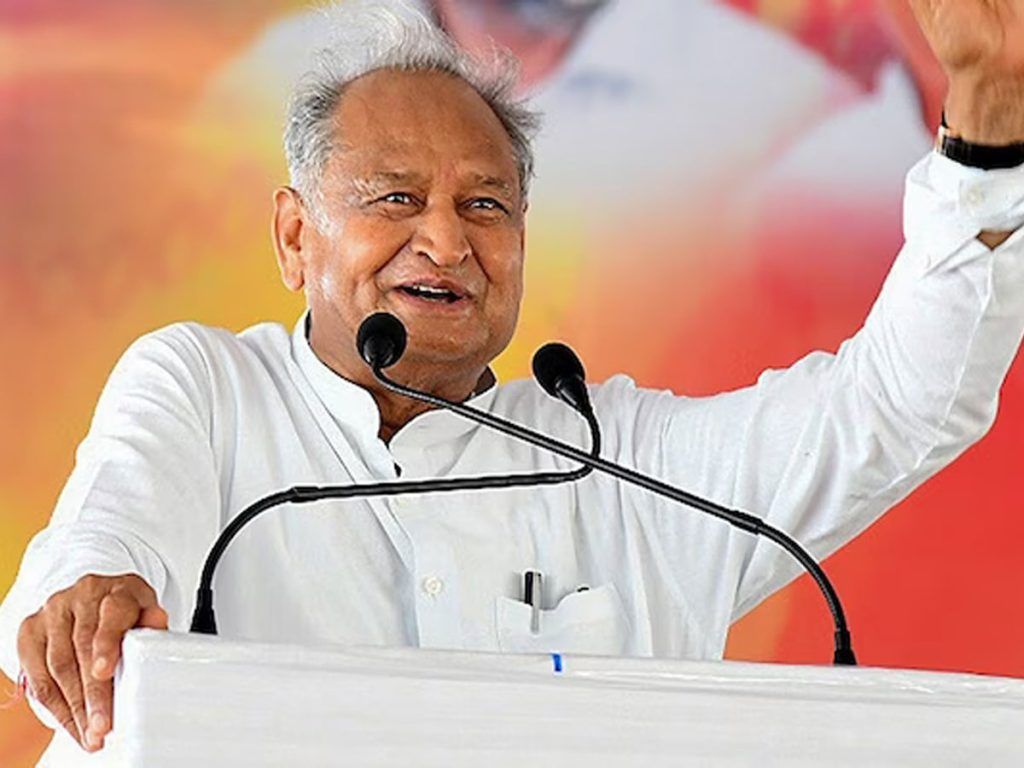
In a significant move, the Rajasthan government has issued orders for a caste-based survey in the state, becoming the second state in India to undertake such an initiative after Bihar. This decision came within hours of Rajasthan’s Chief Minister, Ashok Gehlot, announcing the forthcoming exercise.
The Rajasthan Social Justice and Empowerment Department issued the orders late Saturday night, seeking assistance from the Planning Department to conduct this comprehensive caste survey. The state is gearing up for assembly elections later this year, and the election schedule is expected to be announced shortly.
The order, approved by the state cabinet, mandates the Rajasthan government to carry out the survey using its resources, gathering crucial data on the social, economic, and educational status of all its citizens.
The ruling Congress party in Rajasthan has expressed its support for the caste-based survey, emphasizing its commitment to the principle of “greater the participation, greater the share.”
Nationwide, a caste census has become a focal point for the opposition INDIA bloc, particularly in the Hindi heartland, where caste politics plays a significant role in elections. Bihar recently published its caste census, revealing that the Other Backward Classes (OBCs) and the Extremely Backward Classes (EBCs) constitute approximately 63% of the state’s population. This development led political leaders in several states to demand similar surveys in their respective regions, aiming to make it a major electoral issue in the 2024 general elections.
Responding to the move, Chief Minister Ashok Gehlot clarified that while a census can only be conducted by the Central government, the state government is conducting a survey focused on understanding families’ economic conditions. He emphasized that this action would not be impeded by the model code of conduct, which comes into effect once election dates are declared.
The Social Justice Department’s order highlighted that the expenditure for the caste-based survey would be covered by the state government’s own resources. The collected data on socio-economic and educational status would be carefully analyzed to design targeted welfare schemes aimed at improving the conditions of backward communities.
The Planning Department has been designated as the nodal agency for the survey, with district collectors, municipality chairpersons, councillors, and gram panchayat members collaborating in its execution. Specialized questions will be prepared to gather comprehensive information on citizens’ socio-economic and educational backgrounds, and the data collected will be stored digitally.
Additionally, the department plans to create a specialized software and mobile app, in collaboration with the Information Technology and Communication Department, to ensure the secure storage and management of the information gathered.
However, not everyone supports the move. Rajendra Rathore, a BJP legislator and leader of the Opposition in the state assembly, criticized Chief Minister Gehlot’s timing, suggesting that it was an attempt to regain support just before the model code of conduct for the elections takes effect. He also argued that only the Central government has the authority to conduct a caste-based census.
As Rajasthan embarks on this caste-based survey, it remains to be seen how the data collected will impact the state’s political landscape and policy decisions in the future.
Sources By Agencies




